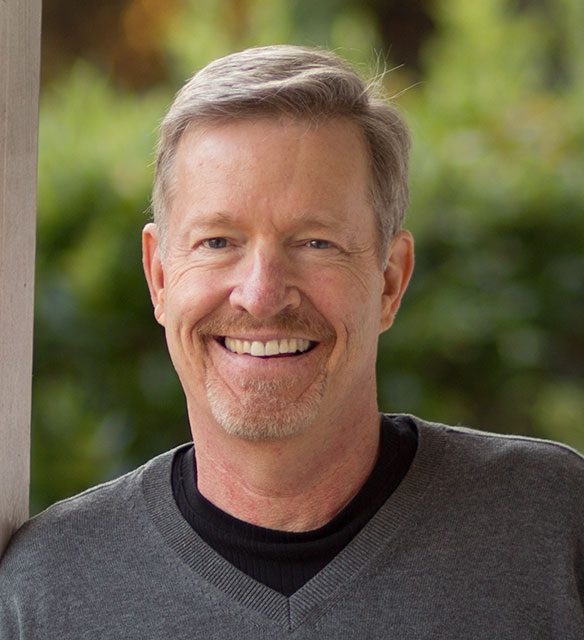
First, a bit about what we did. The pastors there tell us that their greatest need is leadership development. So, we focused on working with their leadership and providing leadership development for them.
- Working alongside a local church’s children’s leadership team to carry out a community VBS. We didn’t lead it. We simply helped train and resource them so they could lead it. This experience gave them ideas about how they could lead one themselves in the future without our help.
- Visiting churches for three half-day training sessions for local pastors. To reach one church, we actually walked up a mountain for three miles after our truck got stuck in a river. 30 pastors and church leaders were waiting for us to encourage and train them. At the other two locations 30-40 pastors eagerly awaited our time with them.
- Training a group of about 80 pastors and leaders in an intensive three-day training session focusing on leadership skills.
- Working with the men’s leadership at a local church to carry out a men’s retreat that included 25 believers and 25 unbelievers. 23 of those men came to faith during the retreat. Amazing.
By focusing on leadership development, we leveraged our short time there by pouring into the pastors themselves. All together, we served about 150 pastors that represented conservatively over 8,000 people in their churches.
Here’s what I learned.
- Where there is a will there is a way.
-
-
- You won’t find Wal-marts or Christian bookstores in Cuba. Neither do Cubans enjoy the convenience of Amazon.com. Few stores are available for simple supplies that we often take for granted (like crayons for the kid’s ministry). But the pastors there find ways to make do with what they have and God has blessed them. The churches are rapidly growing and they have a vision to plant a new church for every 1000 people.
- Question for reflection: Do you let obstacles hinder your vision or do you find a way?
-
- Limited resources made them appreciate even the small things.
-
-
- As part of the intense three-day training, the pastors took a final exam and created a 90-day action plan where they recorded what they would apply during the next 90 days. I brought a few extra single-sheet paper copies that I offered to them if they wanted them. They quickly snatched them up because even finding paper is difficult in Cuba. A simple piece of paper, even with copy already on it would get used in some way.
- Question for reflection: Have you lost appreciation for the small things God has provided for your ministry (like internet access, bible resources, and paper)?
-
- Ministry success really does rise and fall on leadership.
-
-
- The church in Cuba has dramatically grown the last decade or so. The denomination we worked with has prioritized a well-organized leadership development plan that includes a seminary, extension sites, in-church computer labs with Bible software, and on-going training through intense seminars like the one I taught. They recognize that leadership is a powerful lever to move Kingdom purposes forward.
- Question for reflection: Do you have a leadership development plan at your church?
-
- I’m not sure I really know what sacrifice is.
-
-
- This is my second trip serving pastors in Cuba. I used to think that since I’m an American serving in Canada I was making a great sacrifice for the Kingdom. After spending time with Cuban pastors, however, my “sacrifice” pales into insignificance. The pastors at the three-day intensive slept in non-airconditioned rooms with little air flow. Yet, they were alert and hungry to learn each day.
- Question for reflection: Do you ever feel sorry for yourself that ministry is a “sacrifice” rather than a privilege?
-
As our church considers making ministry to Cuba a permanent part of our focus, I look forward to continuing to learn from a passionate group of leaders who love Jesus in difficult circumstances.
If you have experienced cross-cultural ministry, what have you learned?


 Charles Stone
Charles Stone
